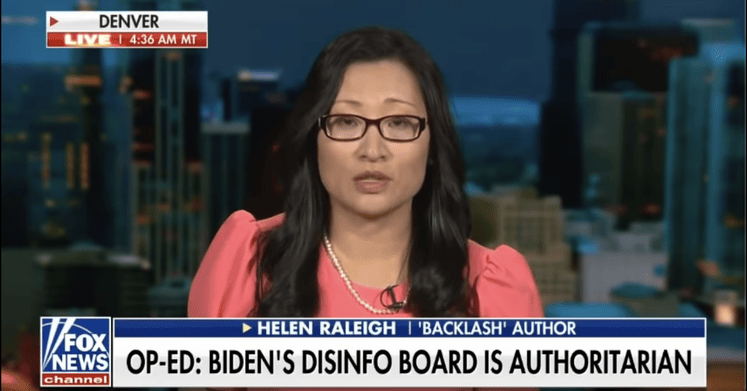The bill establishes the state procurement equity program (program) in the department of personnel and adminstration (department) for the purpose of eliminating reducing disparities including the substantial disparities identified in the state disparity study report prepared as required by Senate Bill 19-135, between the availability of historically underutilized businesses and the utilization of such businesses in state procurement.
For preliminary implementation of the program, the department, in line with recommendations made in the state disparity study report, is required to:
Coordinate with the procurement technical assistance center to increase the number of historically underutilized businesses that have the registrations and certifications required to be eligible to apply for and positioned to compete for all state procurement opportunities that they are capable of performing and the number of opportunities available for such businesses;
Provide solicitation assistance, defined by the bill as the provision of real-time responses to questions asked by potential contractors who seek guidance as to how best to respond to solicitations for state contracts, including guidance regarding availability of opportunities, interpretation of solicitation documents, and solicitation response procedures and best practices; and
Create a bond assistance program to help historically underutilized businesses to offset all or a portion of the cost of obtaining a surety bond that is required for a solicitation for a state procurement opportunity. The bill transfers $2 million from the general fund to a newly created bond assistance program cash fund, and the fund is continuously appropriated to the department to implement the bond assistance program.
The department is also required to convene, contract with a facilitator to facilitate discussion among, and engage in robust consultation with a stakeholder group, consisting which, to the extent practicable, consists of government employees with procurement expertise, an employee of the procurement technical assistance center, a representative of the associated general contractors, owners or high-ranking employees of various types of historically underutilized businesses, and owners or high-ranking employees of businesses that are not historically underutilized businesses but have a demonstrable record of successful engagement and contracting with small businesses and have competed for or been awarded state contracts. The stakeholder group also includes any other individuals who have a demonstrable commitment to furthering equity in government procurement and substantial knowledge of procurement equity best practices who the department deems necessary or appropriate to include. The stakeholder group is required to:
Closely examine the findings, conclusions, and recommendations in the state disparity study report;
Using the information in the state disparity study report as a baseline for studying procurement equity programs in other states and at the federal and large local government level, identify best practices for successful program implementation and administration; and
No later than November 1, 2022 2023 , present to the department a report of specific policy findings, remedial measures, and recommendations that includes, at a minimum:
Prioritization of the recommendations in the state disparity study report;
Confirmation or refutation of specified disparity study report findings;
A preliminary estimate of the amount of initial and ongoing funding, personnel, information technology resources, and other resources needed to implement the policy recommendations and remedial measures in accordance with identified best practices;
A step-by-step timeline for full implementation of the program;
Suggested methodologies and metrics for evaluating the success of the program and ensuring program accountability on both the state agency and prime contractor sides; and
Identification of any public or private sources of funding or other resources that may be available to expedite the implementation or ongoing administration of the program and reduce costs to the state.
The department is required to report on its preliminary implementation of the program, the progress and policy recommendations and any suggested remedial measures of the stakeholder group, the preliminary plans, and recommendations, and remedial measures of the department regarding full implementation of the program, and any recommendations that the department has regarding the need for related legislation during its 2023 January 2025 annual presentation to legislative oversight committees required by the “State Measurement for Accountable, Responsive, and Transparent (SMART) Government Act”.The bill appropriates $2,007,707 from the general fund to the department, of which:
$1,046,345 is for use by the executive director’s office for the state procurement equity program;
$961,362 is for use by the division of human resources for liability claims and liability legal services; and
$114,824 is reappropriated from the money appropriated to the department to the office of information technology for the purpose of providing information technology services for the department.



Responses